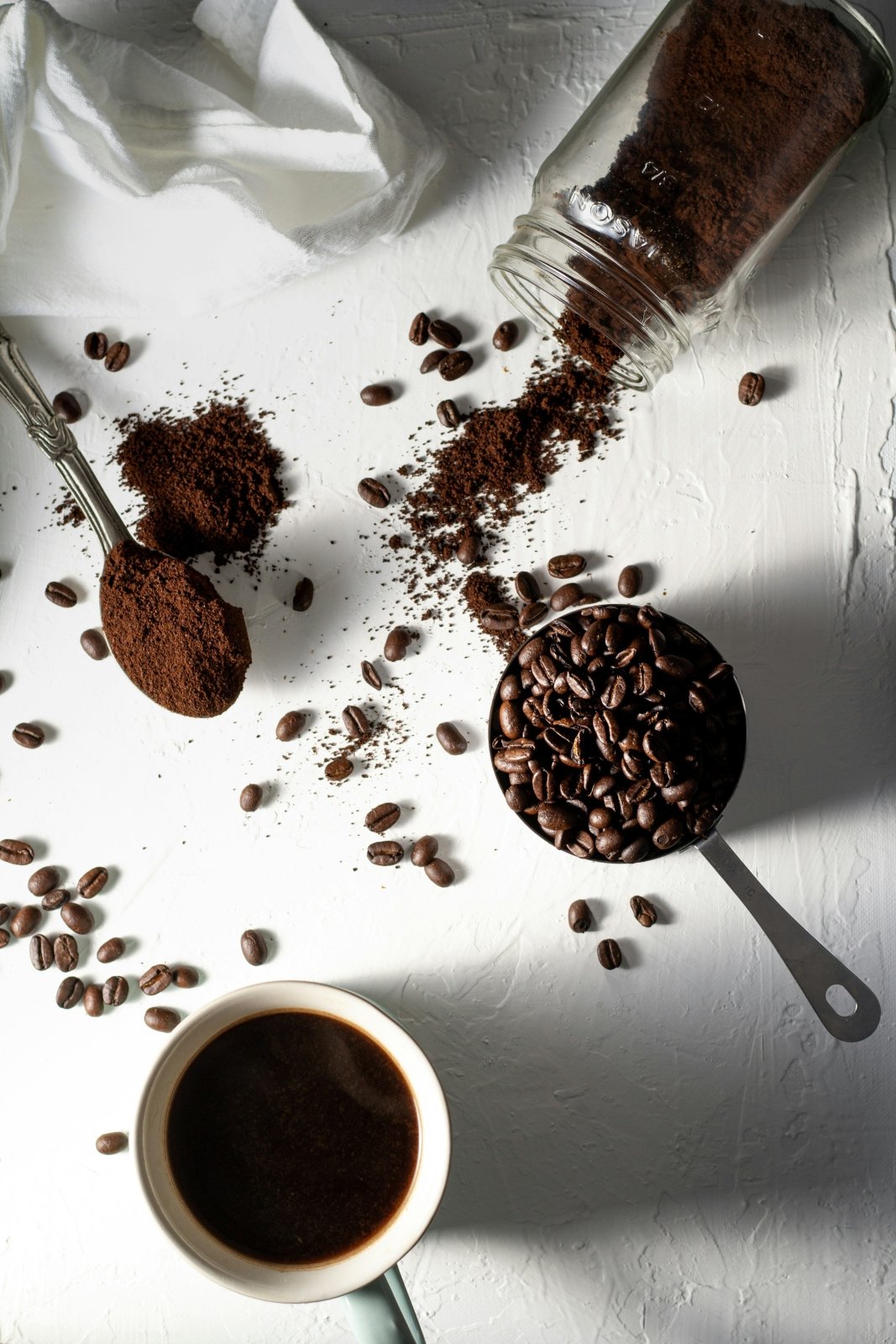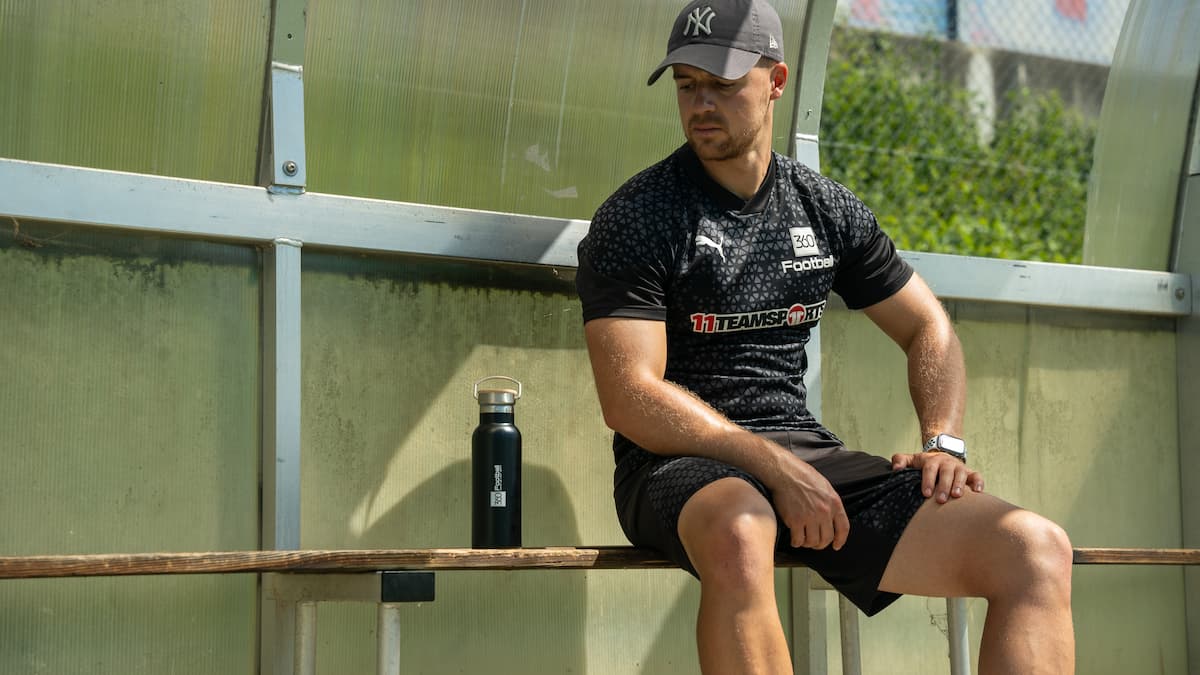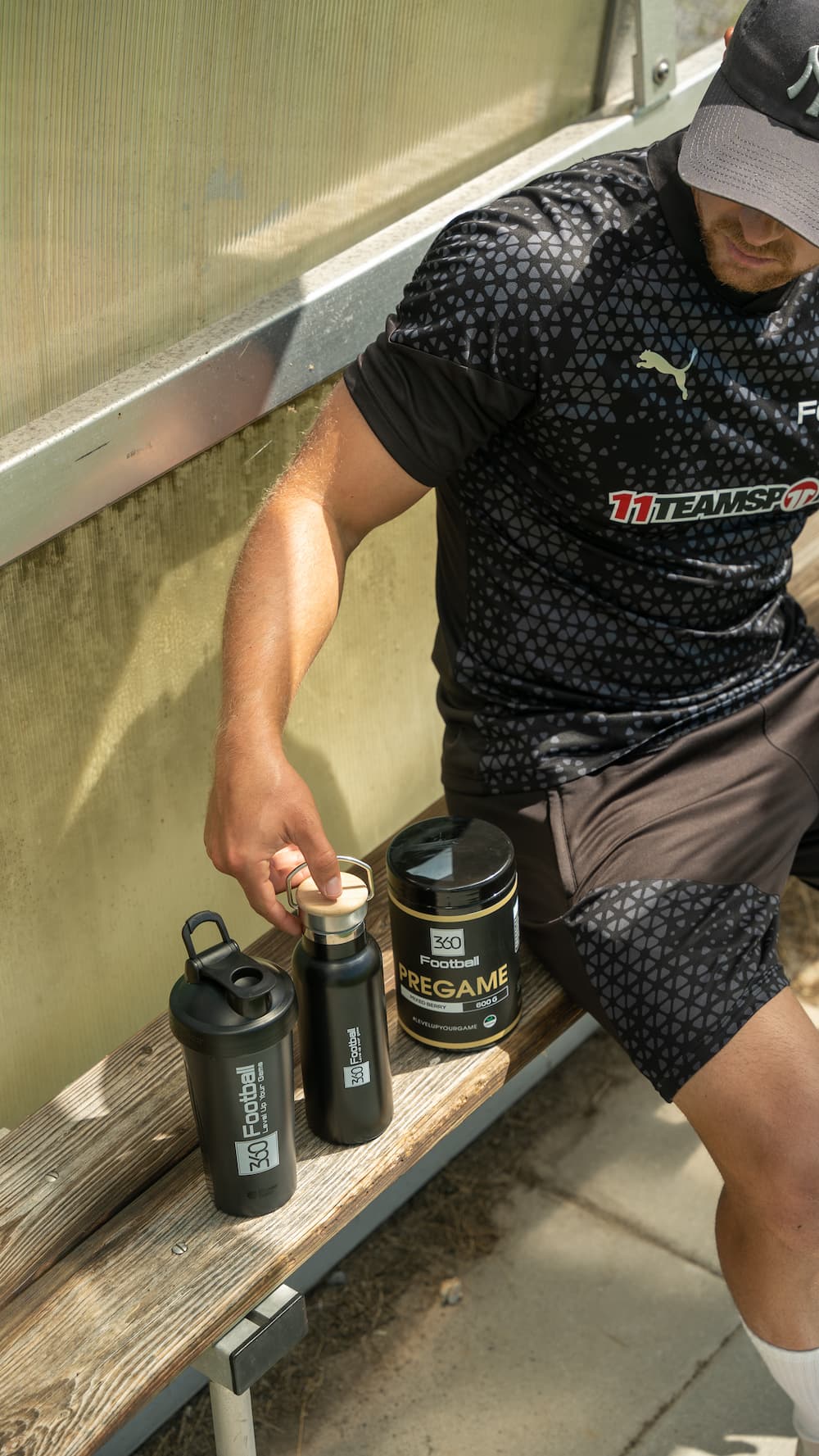Introduction
Football, known for its intense physical demands and mental acuity, requires players to perform at their maximum potential. While training, nutrition and tactics are important components of success, many athletes turn to caffeine supplementation to gain an advantage on the field. In this blog post we will delve into the world of caffeine supplementation in football , its benefits, potential drawbacks and how to use it effectively to boost performance.
What is caffeine?
Caffeine is a natural stimulant found in coffee, tea, and various other beverages and supplements. It is known for its ability to increase alertness, reduce perceived exertion, and increase physical and mental performance.

The advantages:
- Improved Endurance: Caffeine can increase endurance by stimulating the release of adrenaline, which helps athletes reduce fatigue during games and training sessions.
- Mental focus: Football is as much a mental game as it is a physical one. Caffeine can improve concentration, attention and decision-making ability on the field.
- Pain Relief: It's no secret that soccer players have to deal with pain and discomfort. Caffeine has pain-relieving properties that can help the player reduce the intensity of pain during games.
The possible disadvantages:
- Overstimulation: Too much caffeine can cause tremors, anxiety, and reduced performance. Finding the right dosage is crucial.
- Sleep Disturbances: Consuming caffeine late can disrupt sleep and impair recovery. Avoid it in the last 4-8 hours before bed.
- Dependence: Overdependence on caffeine can lead to habituation and a decrease in effectiveness. It is important to take breaks at regular intervals.
The optimal dosage
While caffeine offers benefits, it's important to understand how much and when you should consume it. The optimal dosage varies from person to person. As a rule , 3-6 mg of caffeine per kilogram of body weight is considered effective . Timing is crucial as caffeine takes around 30 minutes to take effect. Players should aim to consume it strategically, ideally 30-60 minutes before a game or practice . To counteract caffeine tolerance , we recommend pausing supplementation for a week after 4-6 weeks of regular intake.
The importance of hydration
Caffeine can have a diuretic effect and may lead to dehydration if not used properly. So as a footballer, you should be careful and make sure that you drink enough in addition to caffeine use.
Summary
Caffeine supplementation can be a valuable tool for footballers looking to improve their performance. When used strategically and en masse, it can improve endurance, mental alertness, and even pain management . However, it is crucial to find the right dosage, avoid overuse and adjust hydration according to consumption. Ultimately, caffeine should be just one part of a comprehensive training and performance strategy for soccer players.
With the right approach, caffeine can become a valuable tool for footballers , helping them tackle challenges on the pitch with renewed energy and focus.
That's why the right dose of caffeine is contained in our Pregame360 , the optimal booster for footballers.
Sources:
Efficacy of caffeine on athletic performance: A systematic review and meta-analysis - Hayat et al 2022 https://www.sciencedirect.com/science/article/abs/pii/S0765159722000934




